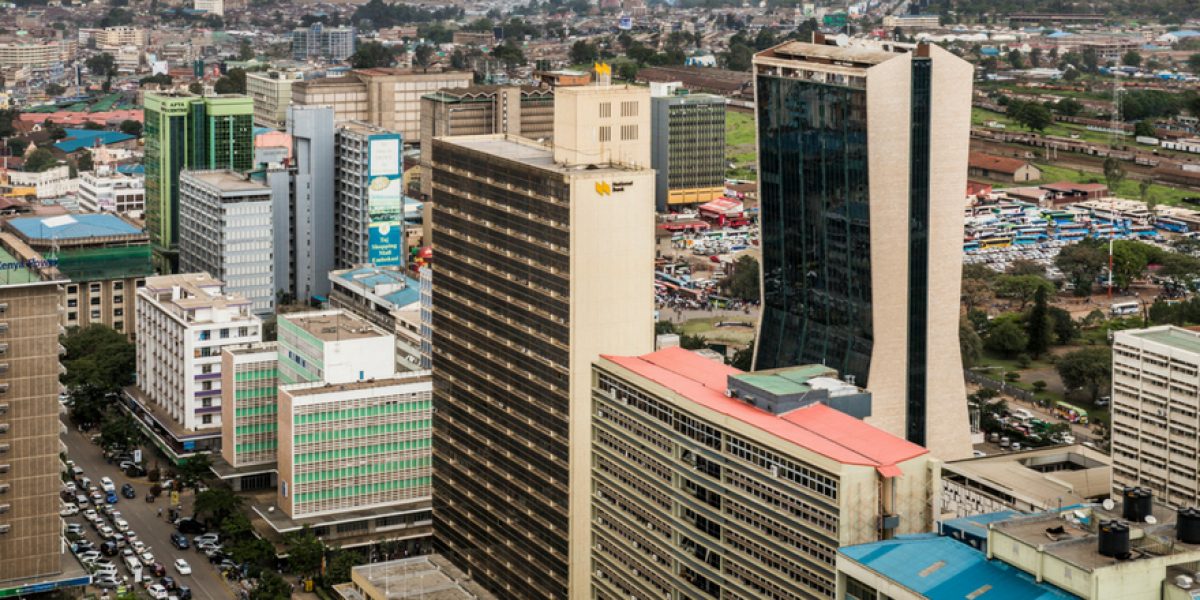Kenya maintains close bilateral and multilateral relations with all its neighbouring states. However, analysts have argued that Kenya lags behind in taking up strong positions at the regional and international levels, unlike some other key states in the region. With the most competitive economy in the region, a relatively well-educated population and a well-trained workforce, the question is why the country has not consistently converted these comparative advantages into a pivotal political influence in the region. Kenya has been faced with disparate challenges amounting to varying levels of regional engagement throughout the administrations of Jomo Kenyatta, Daniel arap Moi and Mwai Kibaki, as well as the current regime of Uhuru Kenyatta. Despite its economic and military power, Kenya’s foreign relations have been characterised as moderately and passively engaging, with the exception of Moi, who more actively became involved in resolving regional conflicts and tensions. The country has in many respects behaved in a way that some analysts describe as ‘punching below its weight’ in a region in need of more robust leadership.
Analysts of Kenya’s foreign policy are beginning to question whether a diplomatic shift took place under the Kibaki and now the Uhuru Kenyatta administration. This comes in the aftermath of the Kenyan incursion into Somalia in 2011, which is, to date, the most extreme display of ‘hard power’ in Kenya’s post-colonial history. Under Uhuru Kenyatta, Kenya has managed to galvanise regional and African support against the International Criminal Court. Over the past two years, it has also played host to various high-profile world leaders, among them US President Barrack Obama, China’s Premier Li Keqiang, Israeli Prime Minister Benjamin Netanyahu and South Korean President Park Geun-hye.
However, the question for Kenya is how to frame regional strategic priorities and wield the relevant tools. With conflicts in South Sudan and Burundi and the protracted insurgency by the Islamic extremist group, al-Shabaab, it is imperative that Kenya clearly defines its political space within the region and infuses its regional relations with strategic thinking around tools for leveraging both its hard and soft power.








